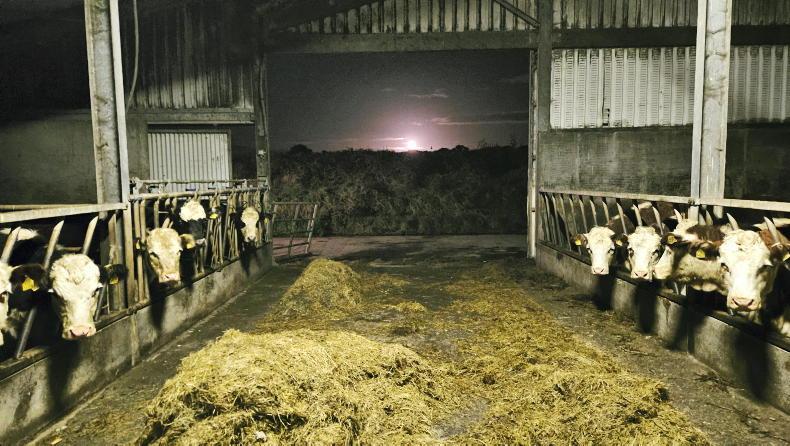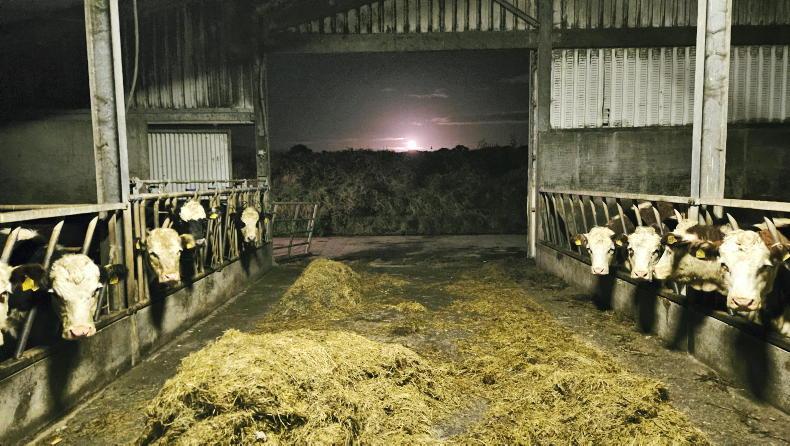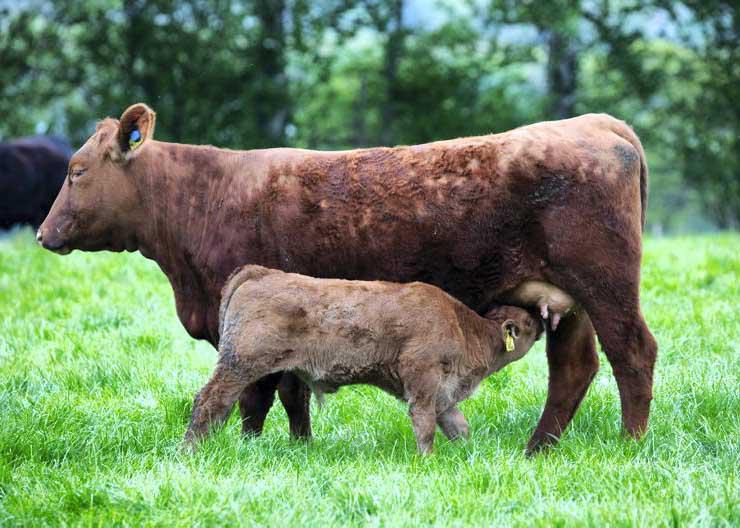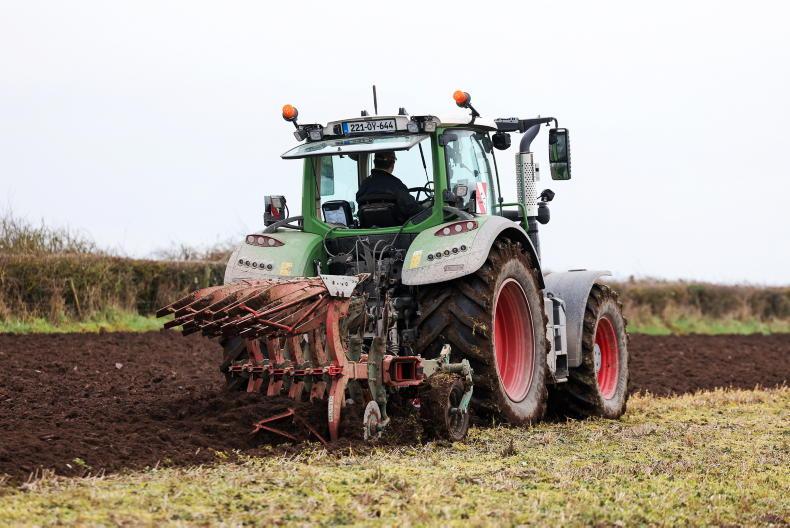Teagasc is committed to a strong future for the Irish beef sector and it will help farmers in any way it can to navigate the challenges that lie ahead for the sector, Teagasc director Professor Frank O’Mara told the Teagasc beef conference on Tuesday night.
The theme for this year ‘s conference was “improving our beef sector’s green credentials” and there were a number of presentations from Teagasc researchers and specialists, including two international speakers speaking on a French system for paying farmers for carbon reductions on their farms and international meat markets.
Dr Siobhán Kavanagh, Signpost Programme communications specialist, outlined some of the changes taking place on the Teagasc signpost farms.
Chemical nitrogen use was 15% lower in 2022 compared to 2021 and low emission slurry spreading (LESS) has doubled, with 75% of slurry application on Signpost farms now using LESS technology.
The proportion of fertiliser spread as protected urea went from 20% in 2021 to 39% in 2022. Doubling the use of protected urea has led to a 2.2% decrease in total gaseous emissions on the Signpost cattle farms in 2022.
Protest
A small protest took place outside the conference hall by a number of farmers highlighting their frustration with the current direction of policy around suckler farming. Donie Shine from the Irish Farm Family Rights group addressed the meeting, saying: “Teagasc says that three out of every four suckler farmers are unviable in this country.
“We have to put this right through the introduction of a full viability scheme, a doubling of the ANC payment and a €300/cow suckler scheme”.










SHARING OPTIONS